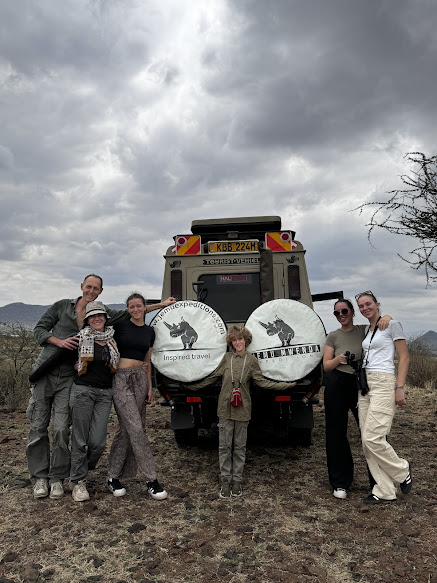Volunteering in Africa is a life-changing experience that allows individuals to contribute to meaningful projects while immersing themselves in rich cultures and breathtaking landscapes. The African Volunteer Programme provides opportunities for people from around the world to support conservation, education, healthcare, and community development initiatives.
The African Volunteer Programme offers a unique opportunity to make a real difference in the lives of people across Africa. By combining service with learning, this initiative empowers both volunteers and the communities they serve. Whether you are passionate about wildlife, eager to teach, or want to improve healthcare access, Africa offers diverse volunteering options that leave a lasting impact.
Africa faces many challenges, including poverty, environmental degradation, and limited access to quality education and healthcare. Volunteers play a crucial role in addressing these issues while gaining valuable skills and perspectives. Key reasons to volunteer in Africa include:
The African Volunteer Programme extends across multiple countries across the continent, each with its unique set of challenges and opportunities. Volunteers can choose from a wide range of projects based on their skills, interests, and areas of expertise. Here are some of the core areas where volunteers can make an impact.
Volunteers assist in schools and community-based learning centres, helping children and young adults gain essential skills, such as literacy, numeracy, and life skills. They also work with teachers to improve the quality of education and develop innovative teaching methods.
Volunteers often work in rural clinics and hospitals, providing much-needed medical assistance in underserved communities. They may help with everything from offering primary health care and raising awareness about diseases to providing support during health outreach campaigns.
Africa’s natural landscapes are both beautiful and under threat. Volunteers in environmental conservation projects work on initiatives such as wildlife protection, forest conservation, and combating the effects of climate change. These projects promote awareness of sustainable practices and the importance of biodiversity.
Volunteers in this sector work to build community resilience by providing skills training, supporting microfinance initiatives, and helping local entrepreneurs create and grow sustainable businesses.
Volunteers engage in community-driven projects, helping to build infrastructure such as water sanitation systems, constructing schools, and supporting initiatives that empower women, children, and vulnerable groups.
Many African countries offer well-established volunteer programs, including:
Volunteering in Africa requires adaptability, patience, and an open mind. Key aspects of the experience include:
If you’re interested in volunteering in Africa, follow these steps:

Experience a Tailor Made Tour with Jemu Expeditions—crafted to match your travel style. Enjoy personalized safari itineraries, exclusive wildlife experiences, and authentic cultural encounters across East Africa’s iconic landscapes.
Patrizia G
Megan W
Melia B